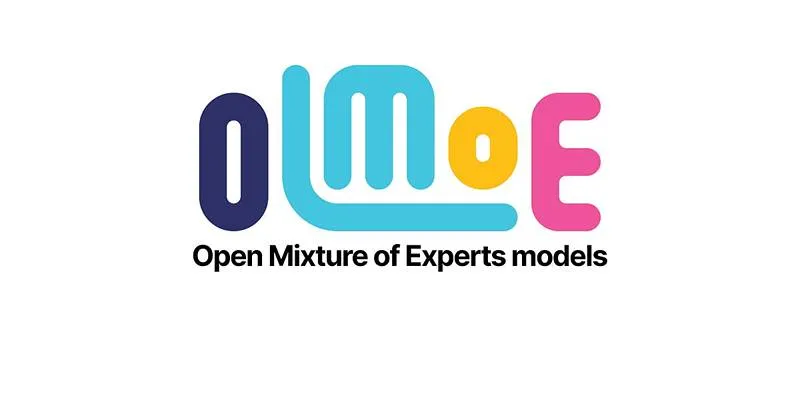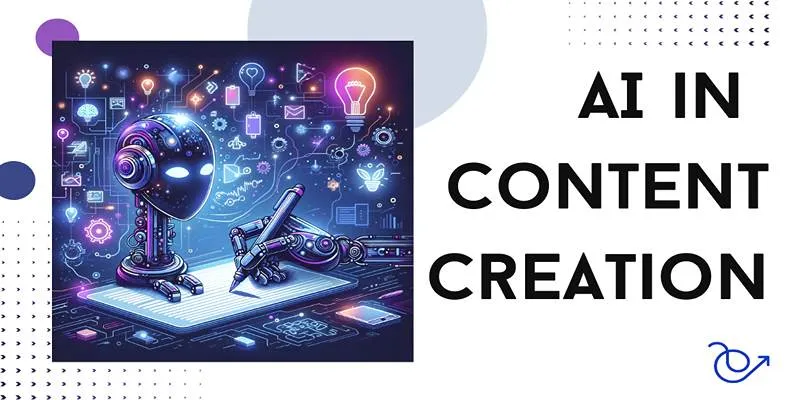In today’s digital landscape, influencer marketing offers an excellent strategy for promoting AI tools. Companies collaborate with influencers to build trust and attract potential customers. Influencers showcase AI products, highlight their benefits, and simplify complex technologies for consumers. Artificial intelligence has vast applications across sectors like marketing, finance, and healthcare. However, many need guidance before embracing AI- powered solutions.
Influencer marketing enables companies to engage target audiences by leveraging trusted voices, increasing brand awareness, and driving conversions. This article explores how influencer marketing enhances artificial intelligence capabilities and provides strategies for a successful campaign, including selecting the right influencers, creating engaging content, and measuring results. Influencer marketing can significantly expand the commercial reach and impact of AI firms.

Understanding Influencer Marketing for AI Tools
Influencer marketing promotes products through individuals with strong online presences. Loyal followers trust these influencers’ recommendations. AI companies can collaborate with them to present their tools engagingly. Although AI systems can be complex, influencers demystify technical aspects using accessible language. They create case studies, tutorials, and reviews showing how AI systems solve real-world problems, boosting consumer confidence in AI technologies.
Influencers include tech bloggers, YouTubers, LinkedIn specialists, and AI experts. A successful campaign hinges on selecting the right influencer. Businesses should target influencers whose audiences are drawn to technology and innovation. Additionally, influencer marketing creates social proof. People are more likely to adopt an AI tool when endorsed by a reputable expert, building credibility, increasing brand awareness, and helping AI startups attract more business.

Benefits of Influencer Marketing for AI Tools
Influencer marketing offers several benefits for AI companies:
- Increased Brand Awareness: Influencers introduce AI tools to new audiences, allowing businesses to reach more potential customers. A well-known influencer can generate significant interest in an AI product.
- Improved Trust and Credibility: Followers trust influencers. Their endorsements of AI technology enhance followers’ perception of its value, speeding up consumer decision-making.
- Better Engagement and Customer Interaction: AI tools can be technical. Influencers create engaging, easy-to-understand content explaining their benefits, leading to more discussions, comments, and user interactions.
- Higher Conversion Rates: Influencer marketing often results in higher sales. Followers of a trusted expert endorsing an AI technology are more likely to try and buy it, boosting sales and revenue.
- Cost-Effective Marketing: Influencer marketing can be more affordable than traditional advertising. Micro-influencers, in particular, deliver excellent results at lower costs. Their dedicated audiences value their insights.
How to Implement Influencer Marketing for AI Tools
Successful influencer marketing requires careful planning. Businesses should start with clear objectives, such as increasing brand awareness, generating leads, or boosting sales. Understanding the target audience ensures that the right people benefit from AI tools. Selecting appropriate influencers is crucial. Companies should work with influencers who create authentic content, have an engaged audience, and understand AI technologies. Micro-influencers often provide better engagement due to their loyal following.
The key is to collaborate with influencers to create engaging content. Effective materials include product demos, case studies, live Q&A sessions, and testimonials, using real-world examples to clarify AI tools’ benefits. Leveraging multiple platforms maximizes reach. Tutorials are best on YouTube, LinkedIn for professional discussions, Twitter for updates, and Instagram or TikTok for short videos. Monitoring performance ensures success. Businesses should track audience feedback, website traffic, engagement, and conversion rates. Analytics tools can refine future campaigns.
Best Practices for Influencer Marketing in AI
AI companies should follow these best practices to maximize influencer marketing:
- Focus on Authenticity: Influencers should genuinely support the AI tools they promote. Forced endorsements undermine trust and credibility. AI firms must provide influencers with reliable data, access, and experience. Genuine promotions enhance audience engagement, increasing the likelihood of trust and AI tool adoption among potential customers.
- Offer Free Access to AI Tools: Companies should allow influencers to use their AI technologies for free. This enables them to create authentic, insightful content highlighting real successes. Free trials allow influencers to demonstrate the technology’s power, building audience trust and engagement. Real user experiences boost credibility and inspire potential clients to explore AI technology.
- Maintain Long-Term Partnerships: Building long-term relationships with influencers fosters audience trust and consistency in marketing messages. One-time promotions are less effective than ongoing collaboration. Regular engagement ensures constant credibility and visibility. Long-term partnerships allow influencers to provide deeper insights, reinforcing the AI tool’s value over time and enhancing customer loyalty.
- Ensure Compliance with Regulations: Adhering to advertising regulations in influencer marketing maintains credibility and transparency. Influencers should disclose sponsored content using tags like #Ad or #Sponsored. Clear disclosures build audience trust, avoiding deceptive advertising. AI companies must ensure compliance to uphold ethical marketing standards and avoid legal issues.
- Encourage Community Engagement: Companies should actively engage with audiences consuming influencer content. Responding to comments, answering questions, and initiating discussions enhance brand loyalty. Direct engagement builds trust, increasing potential consumers’ confidence in the AI product. Encouraging user-generated content and discussions further boosts brand awareness and community ties.
Conclusion
Influencer marketing is a powerful tool for promoting AI products, enabling companies to reach the right audience, build trust, and increase conversions. Success involves selecting influencers, creating engaging content, and monitoring performance. Long-term growth relies on maintaining authenticity and leveraging diverse channels. AI companies should focus on collaborations that benefit consumers. By adopting the right strategy, businesses can encourage AI adoption, raise brand awareness, and enhance engagement. A well- executed influencer marketing strategy can significantly boost business success in the competitive AI landscape.
 zfn9
zfn9























